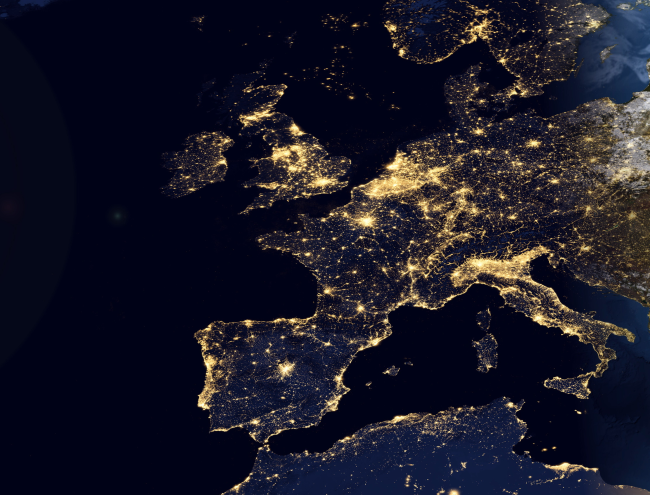The EU internal market - a stake or a tool in European-Russian gas relations. The case of new member states gas policy

Since 2010 we have observed a new quality in EU energy policy. It is related to the European Commission’s more or less direct engagement in the bilateral gas relations of a part of the new member states - Poland, Bulgaria and Lithuania - with Russia.
Although the long term outcome of this activity of the EC is as yet unclear it seems to be important for several reasons. Firstly, it might increase the possibilities of the enforcement of the EU’s directives liberalising the internal gas market and specifically their implementation in individual gas agreements with suppliers from third countries (Gazprom). The consistency and determination of the EC in this field may be decisive for the future direction and depth of the liberalisation of the EU gas market. Furthermore, present developments may lead to an increase in EU and specifically EC competence in the field of energy policy, especially its external dimension.

Available in:
Regions and themes
ISBN / ISSN
Share
Download the full analysis
This page contains only a summary of our work. If you would like to have access to all the information from our research on the subject, you can download the full version in PDF format.
The EU internal market - a stake or a tool in European-Russian gas relations. The case of new member states gas policy
Related centers and programs
Discover our other research centers and programsFind out more
Discover all our analysesBrazil One Year Away from the October 2026 General Elections
Brazil’s general elections will be held on October 4, 2026, to elect the president, vice-president, members of the National Congress, governors, deputy governors and state legislative assemblies. For the presidential and gubernatorial elections, a second round will be held on October 25 if no candidate obtains a majority of the votes in the first round.
COP30: An Inflection Point for Climate Action and Governance
The 30th Conference of the Parties (COP30), opening in Belém, Brazil, on November 10th 2025, convenes at a perilous moment.
The Strategic Dimension of Skills in the Clean Industrial Deal
In the competitiveness and energy transition battles, the European Union (EU) must master a determinant factor: skills.
The Energy Transition Faces Geopolitical Challenges. How Can Ideological Divides Be Overcome?
President Trump’s positions and policies, combined with record coal consumption and booming global electricity demand, geo-economic confrontation, and widespread concerns about energy security, are changing the game when it comes to understanding realistic decarbonization trajectories. The war in Europe is intensifying competition between defense and transition budgets. This is also the case elsewhere in the world.









